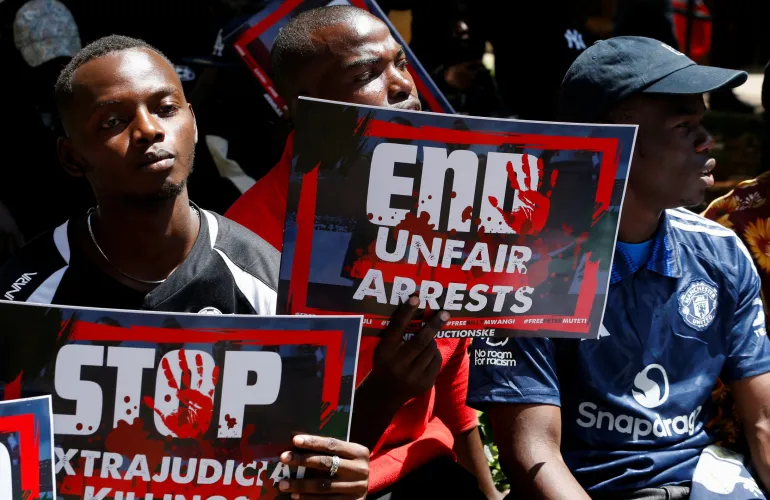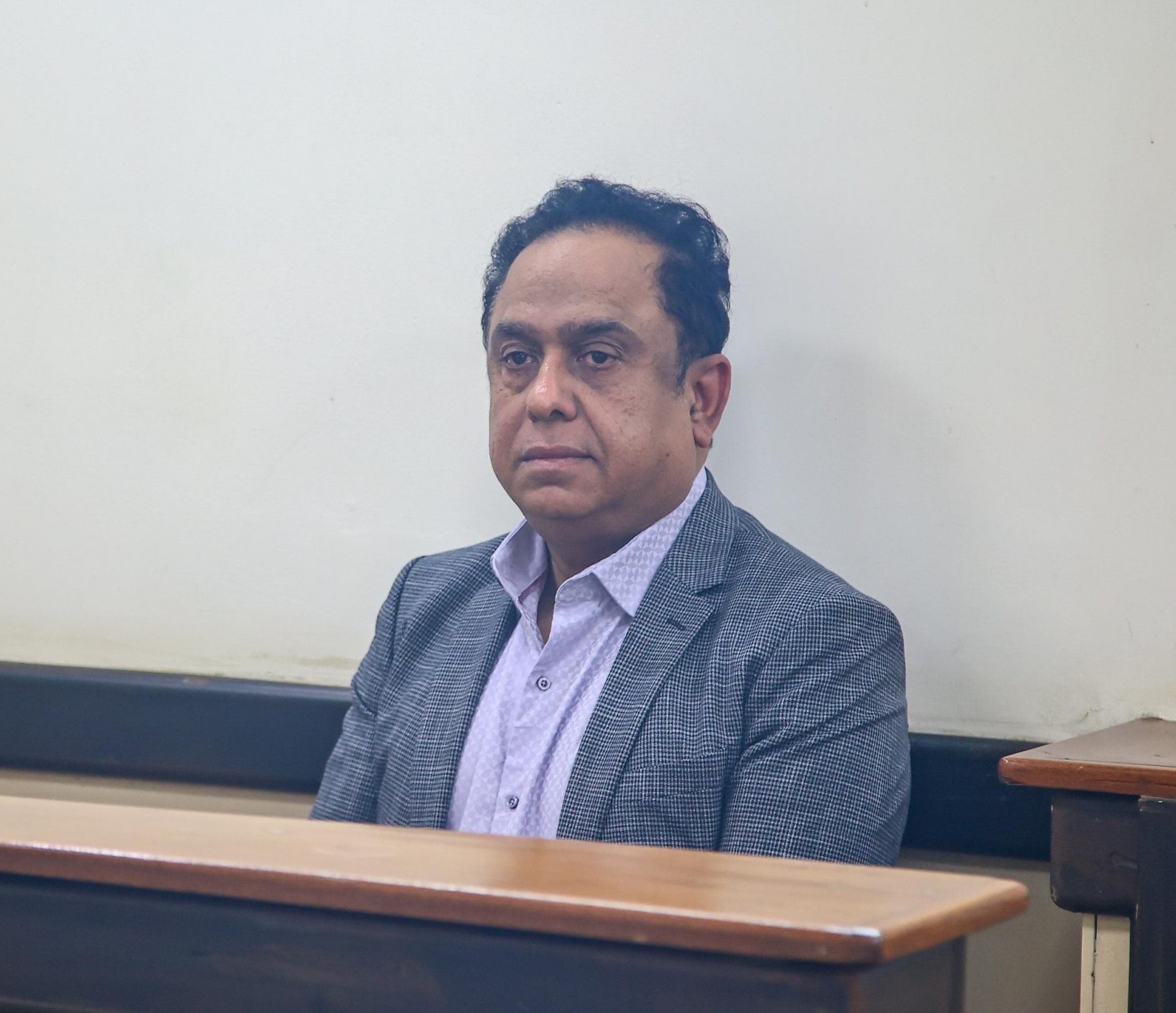The sleuth, Zachary Kariuki, head of the Directorate of Criminal Investigations (DCI) Operation Support Unit (OSU), has faced a contentious tenure. Originally scheduled to retire in November 2024, his term was controversially extended, reportedly due to his close ties with DCI Director Mohamed Ibrahim Amin. Controversial politician GK Malema has accused Kariuki of being behind the recent disappearances. Kariuki now faces mounting criticism, with Malema promising to expose him and others allegedly complicit in the incidents
By Harrison Wanzallah
Kenya is grappling with a disturbing wave of abductions, with reports pointing to a targeted pattern involving individuals critical of the government. The latest case occurred Sunday evening when Tanzanian activist Sarungi Tsehai was abducted in Nairobi and released after over 24 hours. This incident adds to a growing list, including the abductions of Billy Mwangi, Kibet Bull, Peter Muteti, and Ronny Kiplangat, all released last week following a nationwide uproar.
Controversial politician GK Malema has accused Zachary Kariuki, head of the Directorate of Criminal Investigations (DCI) Operation Support Unit (OSU), of being behind the disappearances. Kariuki, a Commissioner of Police, faces mounting criticism, with Malema vowing to expose others allegedly complicit.
Kariuki’s tenure has been contentious. Initially slated to retire in November 2024, his term has reportedly been extended under questionable circumstances due to his close ties with DCI Director Mohamed Ibrahim Amin. Kariuki’s past roles include serving as a driver for both Amin and the late President Mwai Kibaki. Critics argue he lacks the qualifications to lead the OSU and should have retired as mandated.
In a previous controversy, the Director of Public Prosecutions recommended charges against Kariuki and six junior officers for allegedly torturing businessman Abdulahi Abdille Isaack. The victim suffered grievous injuries, with claims of stolen cash and forced confessions under duress.
The OSU’s troubled legacy follows the disbandment of its predecessors—the Flying Squad and the Special Services Unit—both implicated in corruption and human rights abuses. Under Kariuki’s leadership, the OSU has been accused of perpetuating these practices, including involvement in extrajudicial killings and torture.
At least 82 Kenyans have gone missing since protests began in June 2024, with six reported in the past fortnight. Human rights groups, including the Kenya National Commission on Human Rights (KNCHR), have expressed grave concern over these abductions, which are often carried out by unidentified armed individuals targeting vocal dissidents.
Security experts warn that the ongoing abductions, allegedly linked to state security forces, pose a significant threat to Kenya’s democracy. With public trust in law enforcement eroding, demands for accountability and justice are growing louder.
As the nation grapples with this crisis, questions linger over Kariuki’s role and whether structural reforms can address the deep-seated issues plaguing Kenya’s security agencies.





